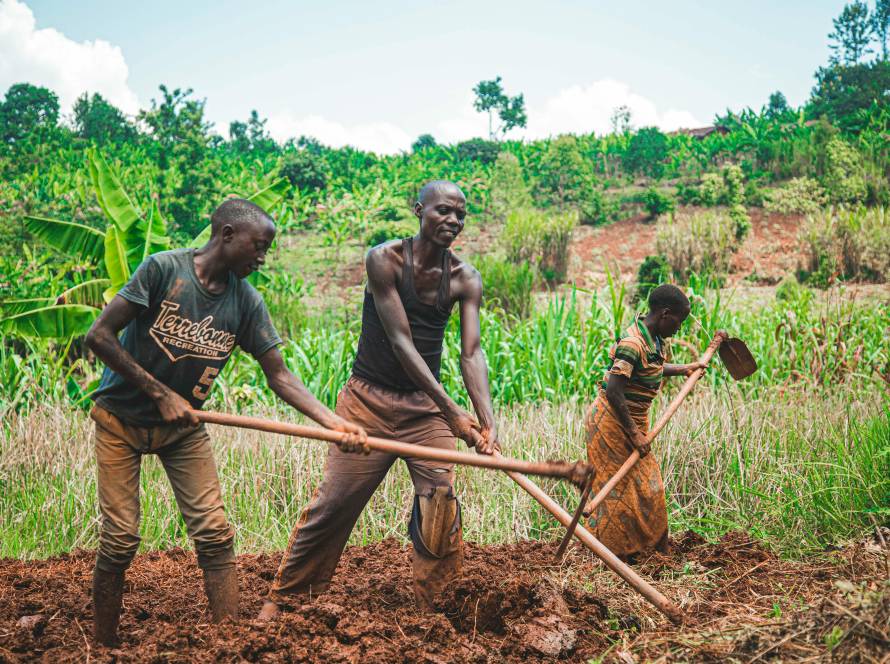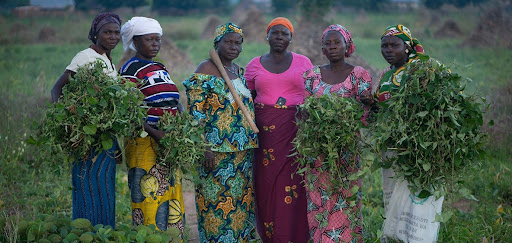Women’s Contribution To Agriculture And Food Security
Women contribute significantly to agriculture and food security in Nigeria. Nigerian women comprise about 70% of the country’s workforce and contribute about 70% of its food production. However, this contribution is still unrecognised.
What could be the reason? According to a study in 2014, the reasons are:
- Nigerian cultures are male-dominated, often placing women in inferior positions;
- Custom, taboos and sex-based division of labour, which keeps women subordinate to men;
- Economists often need to recognise the value of unpaid domestic production work done by women
- The uncertainty of women’s ability to communicate their problems and needs effectively
- The land tenure system poses a challenge for women who cannot meet basic collateral security requirements set by banks for loans intended for agricultural production.
How Are Women Helping In The Agricultural Sector
How Are Women Helping In The Agricultural Sector
Women are responsible for about 70% of the food produced in the country, so their contribution to agriculture and the economy in Nigeria is crucial. A report by the National Bureau of Statistics (NBS) states that the agricultural sector accounts for 23.78% of the country’s GDP, which would not be possible without the input of women in the sector.
Poverty Reduction in The Community
Women are proven to invest 90% of their agricultural income into their homes, compared to men, who only invest about 35%. This shows that women aid in reducing poverty in the community when employed.
Women are involved in The Agricultural Value Chain
From the distribution of farm produce to the harvest and transportation of the produce, women are actively involved in every part of the agricultural value chain in Nigeria. This includes processing the agricultural produce at small-scale levels and selling it at the market where it reaches the consumer.
Increased Agricultural Productivity
According to a study conducted in Nigeria, involving women fully and recognising them as development subjects for enhanced agricultural productivity is crucial. Research has revealed that women have knowledge powerhouses of traditional agricultural knowledge passed down through generations. This includes understanding local growing conditions, seed selection, and pest control practices that promote sustainability. Additionally, water adaptation practices can improve crop yield and mitigate the impact of adverse conditions such as flooding on agricultural activities.
Women play a significant role in agriculture and food security in Nigeria, contributing to the country’s economy and poverty reduction in their communities. Unfortunately, their contribution is often overlooked due to cultural, social, and economic barriers. To overcome these challenges, there is a need to invest in capacity building and provide access to credit facilities, education, and other resources that promote sustainable national and household food security.
It’s time to recognise and appreciate women’s important role in agriculture and empower them to realise their full potential. Doing so can create a more equitable and prosperous society for all.




